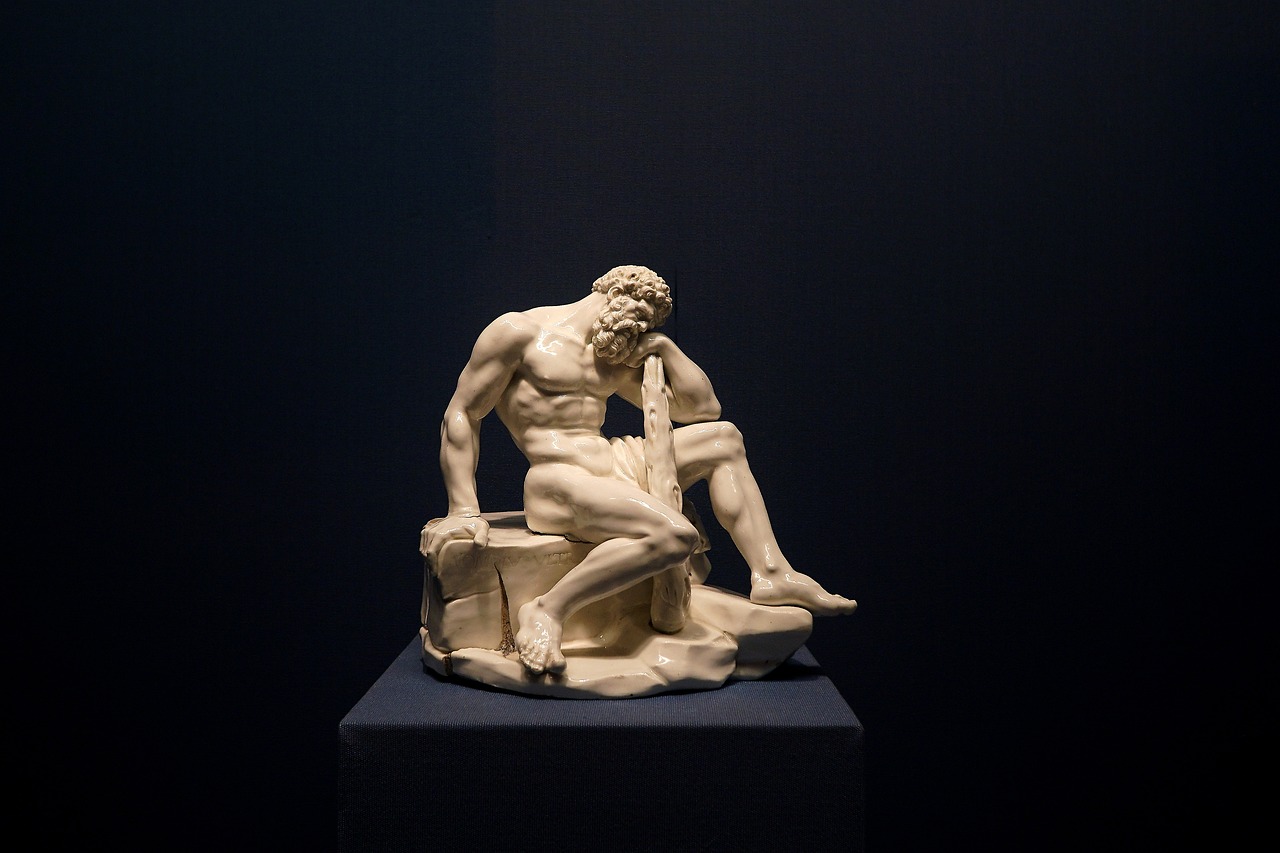The Legendary Journey of Hercules
Myths about gods have existed for countless ages, but the inquiry into a genuine Hercules—the man behind the enchanting tales—remains uncertain. Nonetheless, the saga chronicles a figure marked by extraordinary strength and tenacity, one whose heroic acts and perseverance against formidable challenges earned him a transcendent fate; upon his death, Hercules ascended to Mount Olympus to join the ranks of the divine. Renowned as both the greatest hero of antiquity and a cherished figure, stories of Hercules outnumber those of any other hero. Temples dedicated to his reverence can be found scattered throughout Greece and Rome.
Birth of a Hero
Throughout history, various narrators have spun distinct tales regarding the life of Hercules. Notably differing from the Disney adaptation is the portrayal of Hercules’ parentage and the motivation behind his legendary Twelve Labors. Zeus, the supreme deity, fathered Hercules. The liberties Zeus took as a husband often left his wife, Hera, feeling betrayed.
Zeus became enamored with a beautiful mortal named Alcmene. In her husband’s absence, he seduced Alcmene, resulting in her pregnancy. This act ignited Hera’s wrath, leading her to attempt to prevent the child’s birth. Despite her efforts, Alcmene delivered her son, who she named Herakles—meaning “the glorious gift of Hera”—but this name only fueled Hera’s ire further. To eliminate the child, Hera sent venomous serpents into his crib. However, baby Hercules demonstrated remarkable strength and quickly overpowered the snakes, rendering them harmless.
Hera’s Vengeful Plot
Hera’s resentment lingered, and she devised ways to make Hercules’ life as agonizing as possible. Aware that direct confrontation with him would be futile, she orchestrated his suffering through manipulation.
As Hercules blossomed into a formidable warrior, he wed Megara, and the couple bore two children. Their happiness, however, was transient. Consumed by madness induced by Hera, Hercules fell into a violent rage, leading to the tragic murder of Megara and his children. In the aftermath, as clarity returned, Hercules sought purification from the god Apollo, who assigned him specific tasks as penance for his dreadful actions.
The Twelve Labors
Apollo, a deity with numerous functions—including that of sun god, healer, musician, and prophet—informed Hercules that to cleanse the stain of blood he must undertake ten heroic labors, a number that would soon rise to twelve. The hero journeyed to the oracle at Delphi seeking guidance, only to discover he would need to serve Eurystheus, the king of Tiryns, known for his harsh demeanor. For twelve years, Hercules would labor under Eurystheus’ demands, yet upon completion, he would gain immortality, allowing him to join the divine beings rather than face the Underworld.
Ongoing Adventures
Completing the Twelve Labors was just the beginning of Hercules’ illustrious saga. His adventures did not end there; he went on to rescue a Trojan princess from a monstrous sea creature and played a pivotal role in Zeus’s battle against the Giants for dominance over Olympus.
Tragic Love and Transformation
In his second marital endeavor, Hercules wed the lovely Deianira. Upon his return from a formidable quest, she gifted him a cloak she had woven herself, unaware of the underlying curse it carried. This cloak, treated with a poison disguised as a love potion, horrifically burned Hercules upon contact. Drowning in anguish, he commanded his friends to construct a funeral pyre on Mount Oeta, where he intended to fulfill his own demise amid the flames. As his suffering drew the attention of the gods, Zeus, recognizing the hero’s trials, intervened. He declared Hercules had endured enough punishment, sending Athena to rescue him from the flames and escort him to Olympus in her chariot.
Through these trials, Hercules not only proved his incredible strength but also highlighted themes of redemption and divine intervention, marking an unforgettable legacy that resonates through the ages.



